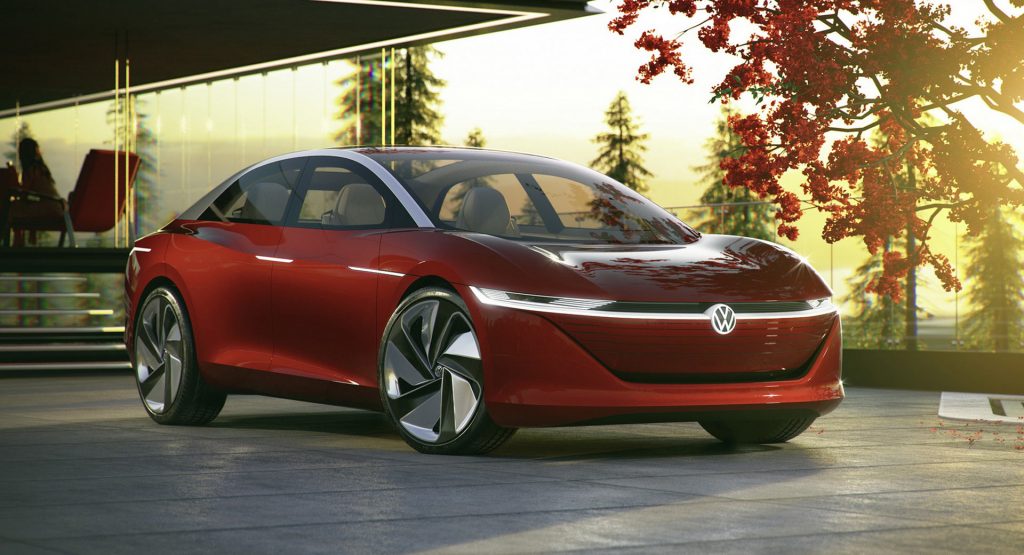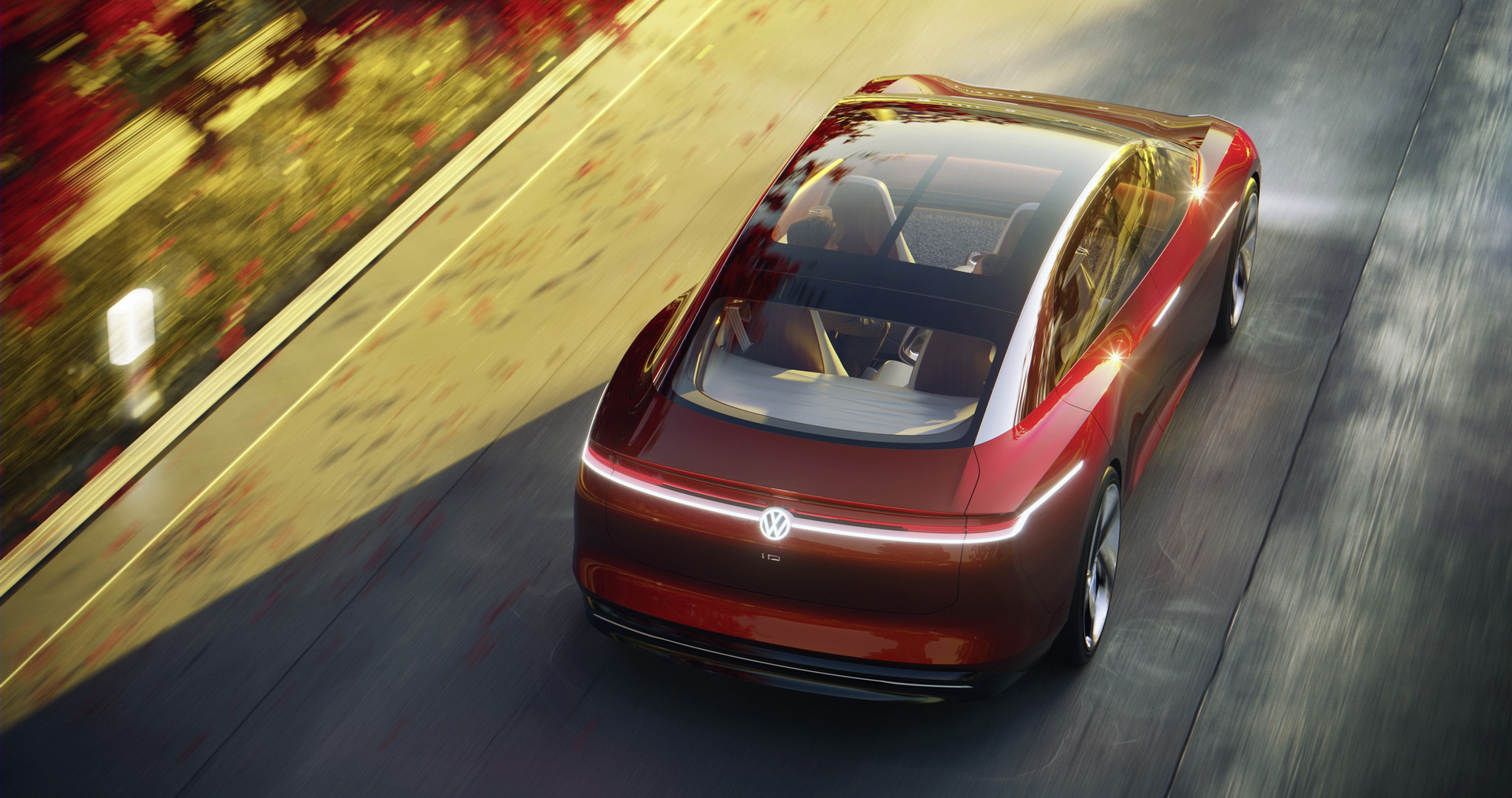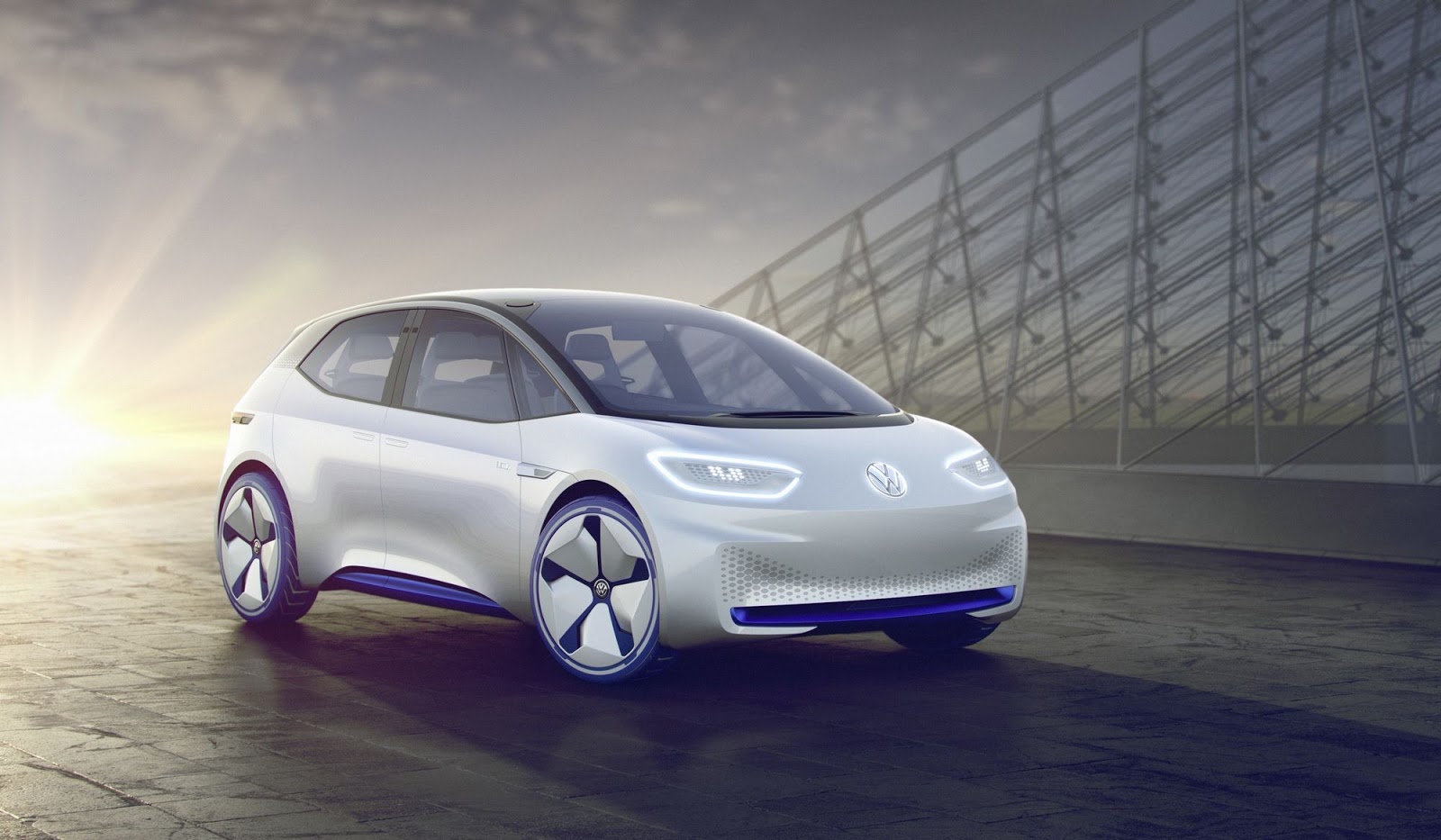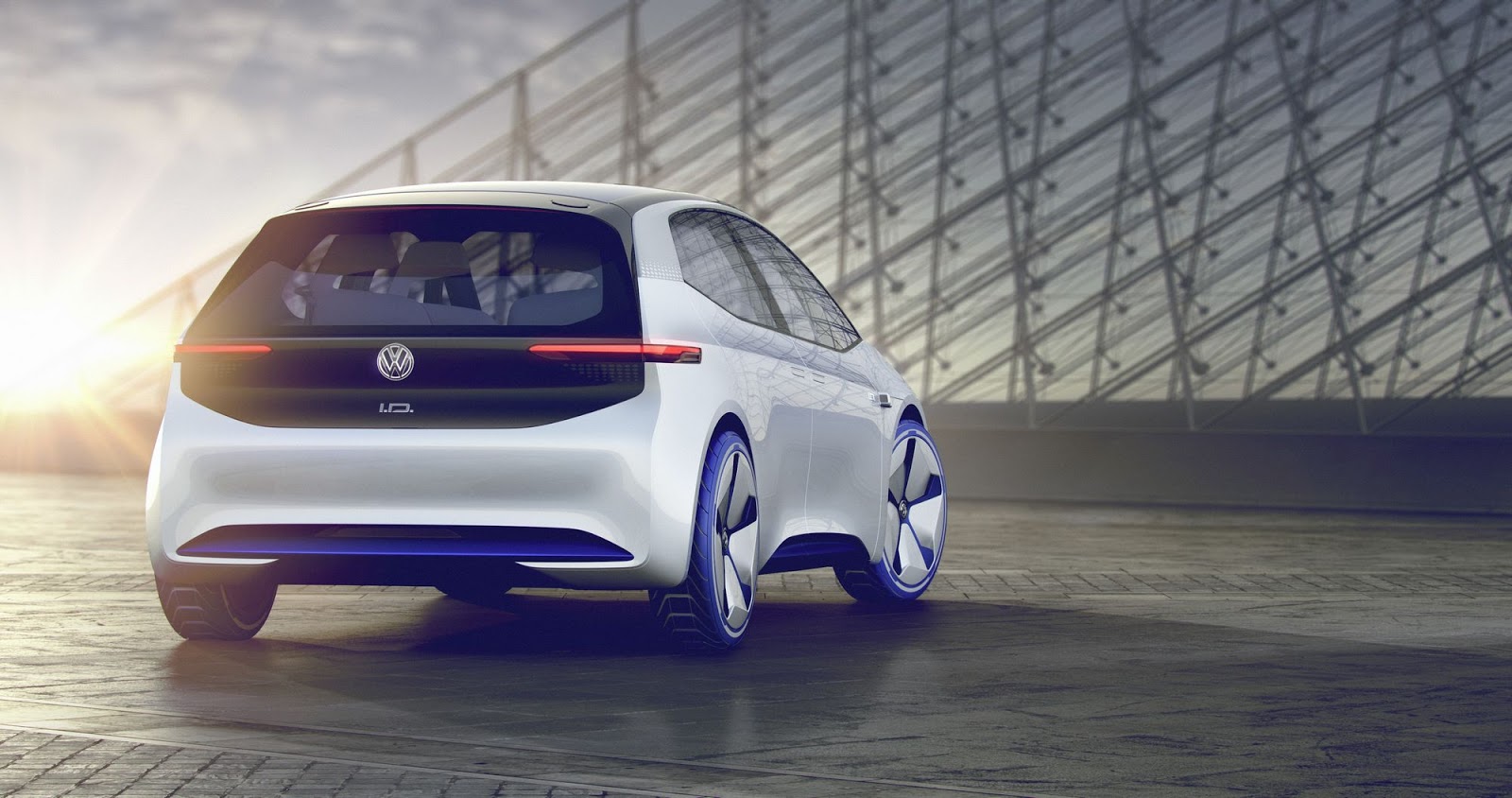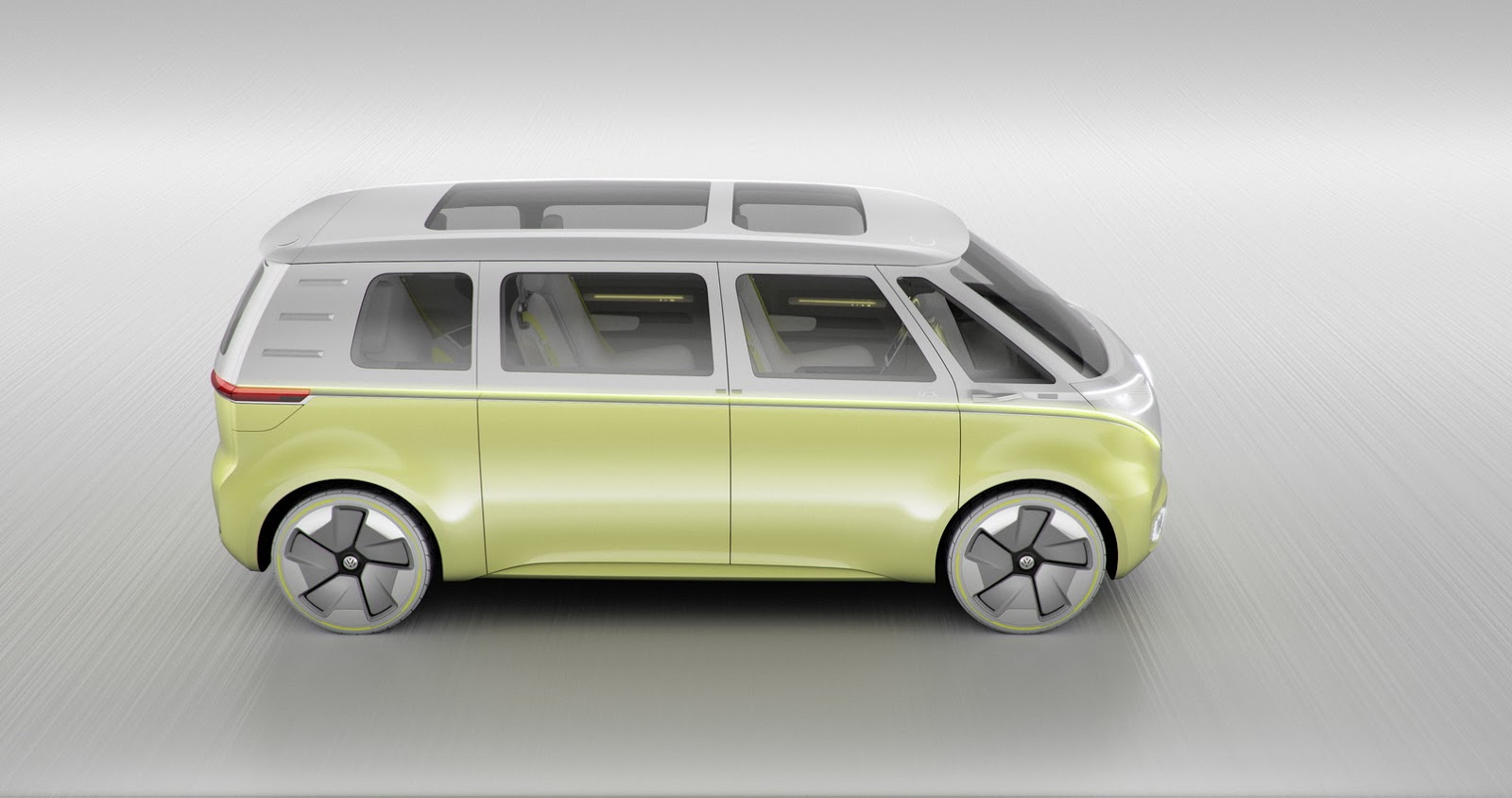Volkswagen is taking its new-found commitment to electric vehicles very seriously and recently claimed that it can build up to 15 million EVs on its new MEB platform, Reuters reports.
Of course, that won’t come cheap, so the German car manufacturer will invest in excess of $12.5 billion into electrification and autonomous tech by 2023. Of this, more than $10 billion will be funneled into Volkswagen’s ambitious line-up of electric vehicles.
All of the company’s planned I.D. models will be built using the MEB platform. This will include a Golf-sized hatchback that’s tipped to take the fight to the Tesla Model 3 and at the same time being priced similarly to the current diesel-powered Golf.
Tesla better watch out.
In the years following the launch of the I.D. hatchback, a selection of other all-electric Volkswagen models will hit the market. These will include the I.D. Crozz, a stylish crossover offered with a variety of powertrains and differing ranges. The retro I.D. Buzz Cargo Electric Van could reach the production line as early as 2021 and offer a range of around 340 miles (547 km).
The following year, Volkswagen’s Tesla Model S rival, the I.D. Vizzion, will launch. Not only will this model come complete with the company’s most up-to-date electric powertrainm but it will also have a cutting-edge semi-autonomous driving system.
The MEB platform will be offered with two different wheelbases and two dash-to-axle proportions. VW engineers will be able to alter the track width of models with bespoke suspension components. The platform stores its battery pack in the floor pan and, in standard guise, is rear-wheel-drive but all-wheel drive will be offered as an option. Most MEB-based models should have near perfect 50:50 weight distributions.



